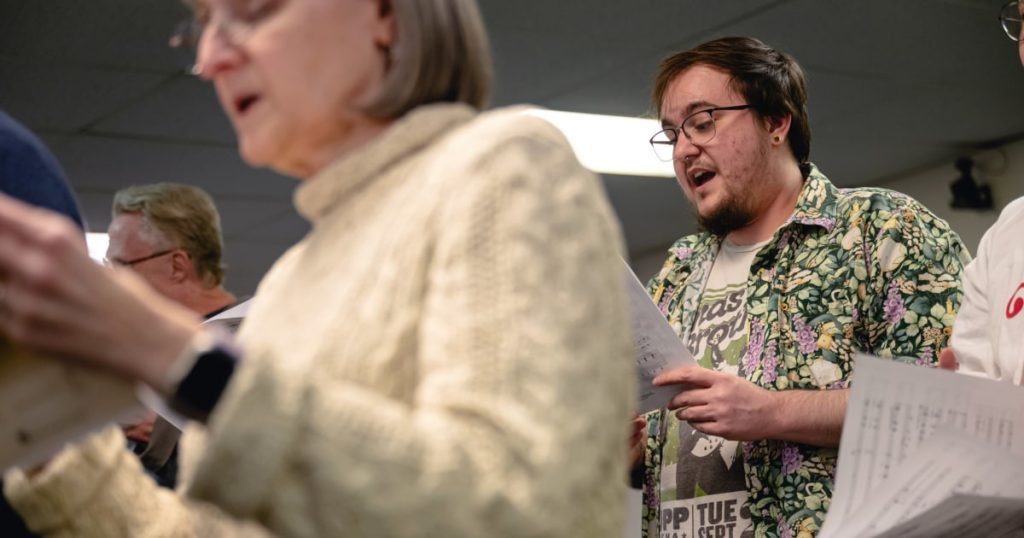Author, activist, and historian Samantha Rosenthal emphasized that transgender people have always existed, even in conservative areas where civil rights are being stripped away from them. She noted that LGBTQ individuals have migrated to big cities like New York and San Francisco, but Southern migration has also led queer individuals from rural communities to cities like Charlotte, Roanoke, and Atlanta. As LGBTQ communities thrived in Southern cities, services and resources were built up to meet the increased demand, creating a rich and vibrant queer world in these areas.
Rosenthal, who grew up in upstate New York and lived in New York City before moving to Virginia in 2015, underwent a personal journey of self-discovery. Assigned male at birth, she had come out as a queer man before realizing she was transgender while recording the stories of trans women in Virginia. She co-founded the Southwest Virginia LGBTQ+ History Project in 2015, where many of these stories can be found. Despite the differences in experiences between Rosenthal and the LGBTQ community in Roanoke, particularly Black queer and trans women, she described her move as a kind of homecoming where she truly discovered her identity.
The push for LGBTQ civil rights has faced significant backlash in recent years, according to Rosenthal. This backlash intensified after the U.S. Supreme Court legalized same-sex marriage in 2015, leading to over 500 state bills targeting LGBTQ people being introduced in legislatures across the U.S. In 2020, 75 of these bills became law, with proposed legislation in 2021 including restrictions on bathroom access for transgender individuals, bans on gender-affirming health care for trans youth, and prohibitions on changing gender markers on state-issued IDs. Brandon Wolf, the national press secretary for the Human Rights Campaign, highlighted the intent of these policies to drive transgender individuals back into the closet and the devastating consequences they have.
As LGBTQ communities continue to fight for their rights, Rosenthal stressed the importance of recognizing the historical presence of transgender people and the impact of Southern migration on LGBTQ communities in the U.S. She noted that small Southern cities with populations of 100,000 or more often have gay enclaves and emphasized the rich, vibrant queer world that exists in these areas. Rosenthal’s research and activism in Southwest Virginia have shed light on the experiences of trans women and the need to continue documenting and preserving LGBTQ history.
Despite the challenges faced by marginalized communities in securing their civil rights, Rosenthal remains hopeful and committed to advocating for LGBTQ equality. She highlighted the resilience of LGBTQ individuals in the face of discriminatory legislation and emphasized the importance of standing together in solidarity. Rosenthal’s work reflects a broader movement towards recognizing and amplifying the voices of marginalized communities, particularly within the LGBTQ community, and advocating for their rights and visibility in society.


